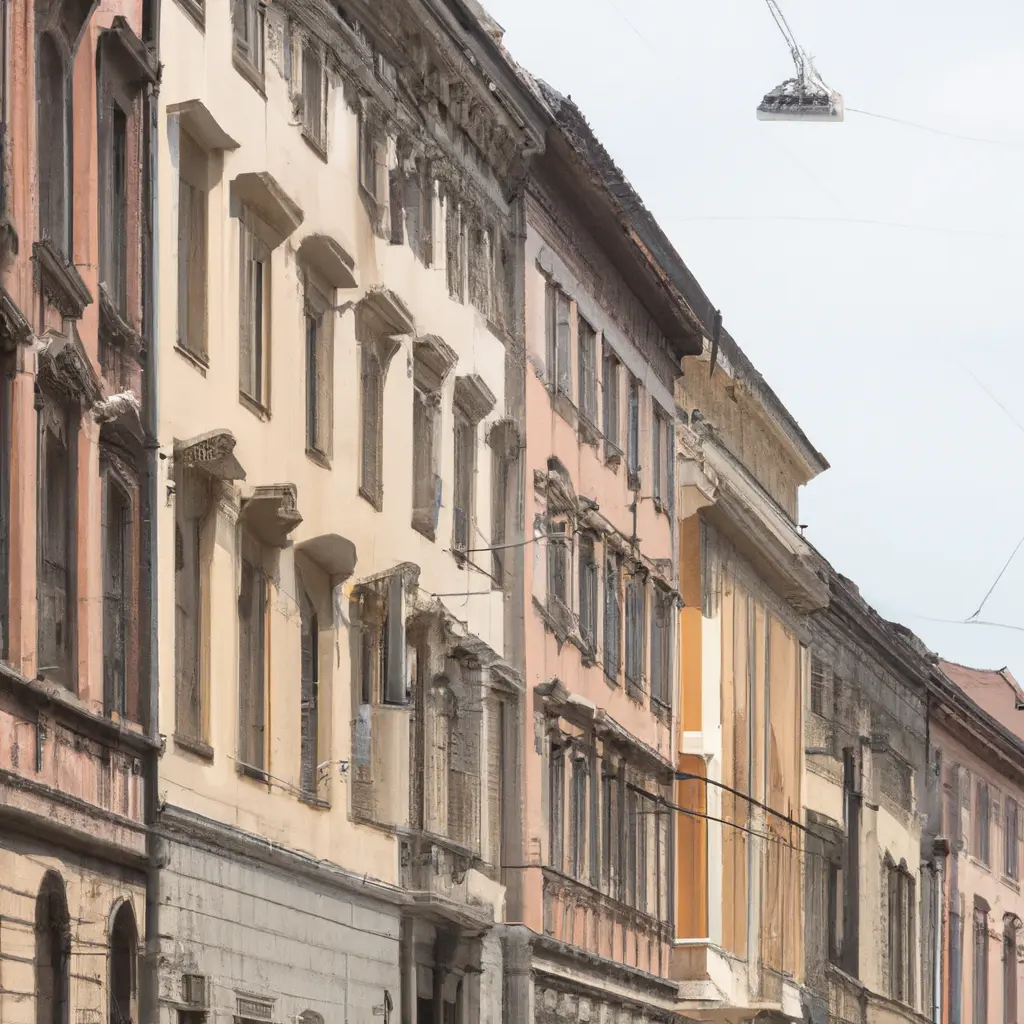Record high real estate prices in Croatia in2022.

Real estate prices in Croatia skyrocketed between 2021 and 2022, with the increase nearly doubling compared to the average rise in the European Union during the same period. In 2022, property prices rose by 14.8% compared to the previous year, which is almost double the average growth in the EU, which was 7.7% during the same period.
And the trend shows no signs of weakening yet, as average real estate prices increased by 17.3% compared to the previous year in the last quarter of 2022. "The growth in the real estate market is mainly driven by apartments in Zagreb and holiday homes on the Adriatic coast," said Boro Vujić, head of the Zagreb real estate agency "Opereta," in an interview with Euractiv.hr, adding that the average price in Zagreb is now 2,450 euros per square meter.
In Zagreb, the average price increased by 17.9% between 2021 and 2022, while real estate on the Adriatic coast - the second fastest-growing real estate market in the country after Zagreb - rose by 12.3% during the same period. "But it's important to remember that this figure mainly refers to old buildings. If we include newly built apartments, the average price will be higher," Vujovic said. In places like Rovinj - a picturesque resort town on the northern Adriatic coast - prices for apartments located near the waterfront can reach up to 5,000 euros per square meter, he added.
At the southern end of the Adriatic coast of Croatia, in the traditionally expensive tourist magnet city of Dubrovnik, which is best known for its medieval walls, new housing prices range from 3,000 to 10,000 euros per square meter. The average net salary of a Croatian was 1,094 euros in January, and many are now expressing concerns that buying a home is quickly becoming unaffordable.
Price increases are usually associated with a long list of factors, some of which are old and have been present in the local market for several years. Among them are low interest rates offered for both mortgage loans and deposits in the local banking market, which have encouraged Croatians to invest in real estate.
13 May 2025
14 May 2025
13 May 2025


In response to the question of whether prices have peaked and if real estate might become a bit more affordable for Croatians, Vujić said that despite many uncertainties related to local and global trends, the situation is unlikely to change in the near future. "If high inflation rates persist, we can expect continued growth in real estate prices. However, as interest rates are also rising and purchasing power is declining, the number of potential buyers may decrease, which could lead to a drop in sales volumes. But overall, I don't think we will see significant changes in the market in the future," Vujić told Euractiv.hr.
Comment
Popular Offers

Subscribe to the newsletter from Hatamatata.com!
Subscribe to the newsletter from Hatamatata.com!
I agree to the processing of personal data and confidentiality rules of Hatamatata







